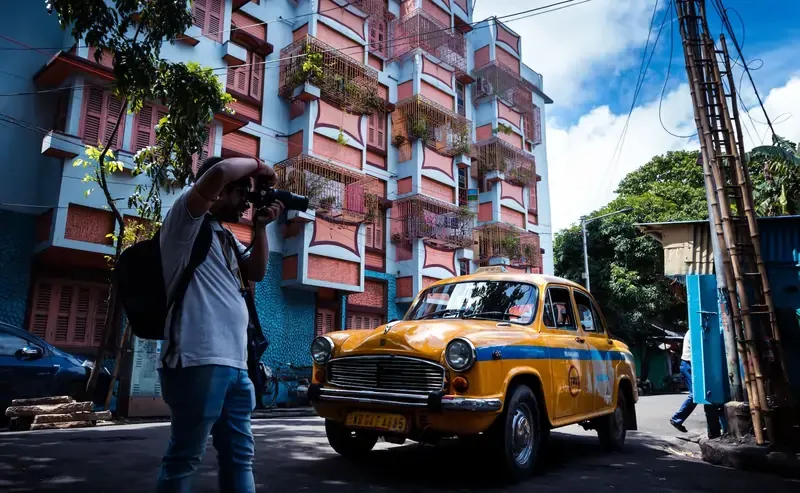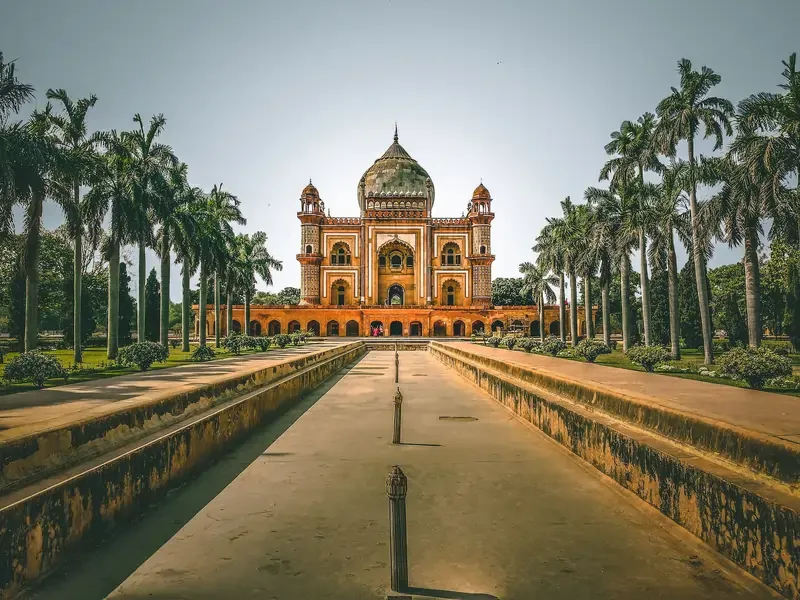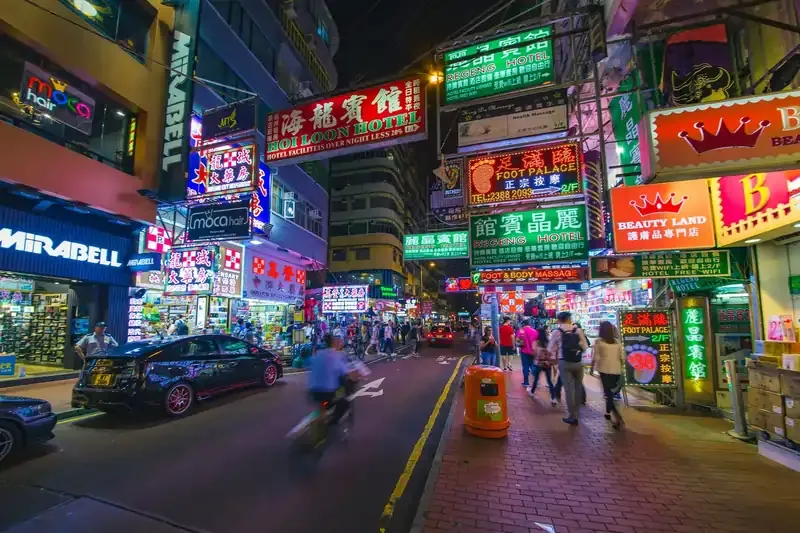travel content
What India's new rules for SIM card sales mean for travelers
All you need to know about these new rules
You might have read that the Indian government has recently imposed stricter rules for SIM card sales, to ensure that the process of getting a SIM card is safer and more secure. However, this also makes it harder to get new SIM cards. If you have an upcoming trip to India, you might be curious to know how these changes impact you.

India's New SIM Card Regulations
Before we begin, let's take a look at what India's new SIM card regulations entail. The new regulations include two main directives: the first directed at telcos like Airtel and Jio; and the second directed at end users.
At the heart of it, stricter rules are being implemented to create a safer and more secure process for getting a SIM card in India. Shops that sell SIM cards need to implement stricter background checks of the people working there, and the telcos will need to audit and check these shops to ensure that they adhere to the rules. In certain areas, additional checks will need to be conducted by the police before a shop is allowed to sell SIM cards.
On the consumer end, more detailed verification checks will also be required when you purchase a new or replacement SIM card. Detailed verification checks are currently already required when you purchase a new SIM card, so what really changed is the detailed checks that will now be needed if you are getting a replacement card.
Bulk purchases of SIM cards will also be banned by default in an attempt to stop misuse and frauds, and if a bulk purchase is required, a more thorough KYC check will be required.
The rules are scheduled to come into effect from 1 October 2023, and shops have until 30 September 2024 to meet the new requirements.
So what does this mean for travelers?
As a tourist, you would probably have considered the option of getting a local SIM for your travels to India, and the question that you might have is what these new regulations mean for you?
Getting a SIM card in India currently
As a tourist, you are currently able to pick up SIM cards at the arrivals at the airports. Alternatively, you could head to one of the shops in town to purchase a SIM card. To get a SIM card in India, you will need to have an address to list, and you will need to provide a copy of your passport and photograph. In the event where you encounter a situation where the shops do not request for a proof of identity or any other forms of paperwork, it is more than likely to be a scam. In these cases, your SIM card might get turned off or disabled when the telcos realise someone is using it without authorisation.
With the new regulations…
Well, with the new regulations, process-wise it probably doesn't make much of a difference. You will still need to provide a proof of identity and documents required for the identity checks. The checks may be more stringent now, and you could expect that it might take a longer time for the process to be completed. However, with the new regulations in place, you should be able to feel more confident that your SIM card purchase is legitimate and not a scam.
Although getting a SIM card in India is very cheap, we expect that prices for the SIM cards may start to increase once the more stringent regulations kick in. With more checks and operational overheads in place, coupled with the decrease in unauthorised resellers, it is possible that telcos will start raising their prices to get a SIM card.
Alternatives to Buying a SIM Card in India
If you don't feel confident about getting a local SIM card in India, or if you just don't want to go through the whole hassle of getting identity-checked to get a SIM card, there are alternative options for staying connected during your time in India.
International Roaming
If you're a short-term traveler, roaming services provided by your home country's mobile network might be a viable option. International roaming allows you to use your existing phone number and enjoy seamless connectivity without the hassle of purchasing a local SIM card.
However, before opting for international roaming, it's crucial to check with your provider regarding rates and coverage. Roaming charges can be exorbitant, and you may end up with a hefty phone bill upon returning home. Additionally, the quality of service may vary depending on your location in India, and you may experience slower data speeds compared to a local SIM card.
Get a Travel eSIM
If your device is eSIM-compatible, getting a travel eSIM might be one of the best options for staying connected. There are many providers of travel eSIMs to choose from, and you can purchase and install the eSIMs in just a few clicks.
One such provider is Nomad, which offers various plans for India, each with a different data size, so you will be able to find one that suits your needs. It is easy to get started with Nomad - simply create an account on the website, and purchase a plan that fits your requirements. You will then receive an email on how to install and activate your eSIM — it's simple, but this blog post will provide you with more details in case you needed more help.
With a Nomad eSIM, you wouldn't need to worry about it being a scam, nor would you have to go through the cumbersome identity checks. Although the eSIM does not come with a call or SMS capabilities, there are actually still different ways that you can make calls with a data-only eSIM.
And if you are still considering the need for getting a SIM so that you have a local number, perhaps this blog post will help break it down for you.


